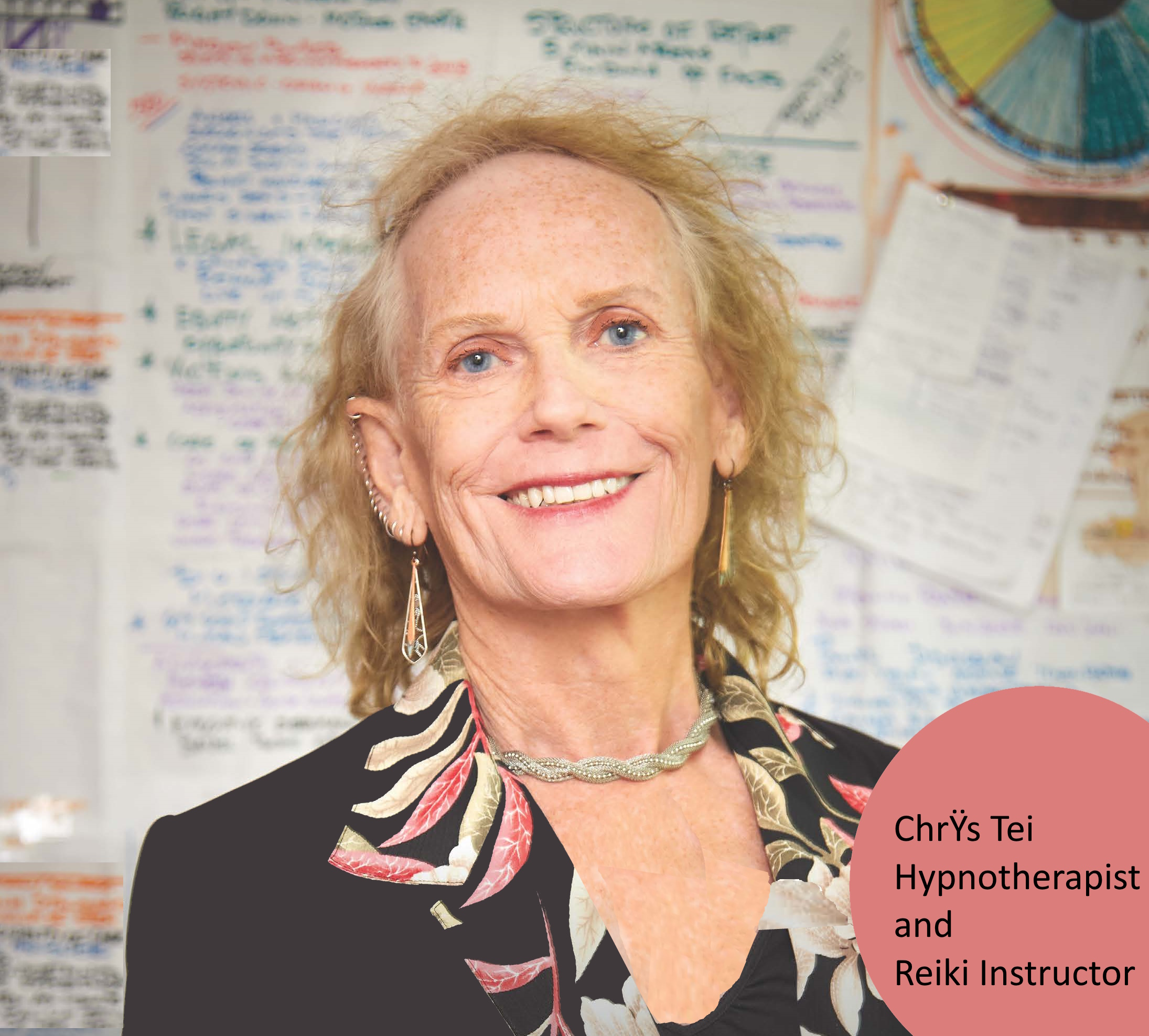

Instructor: ChrŸs Tei

Duration: 5 Months

Topics: Five
Lessons: 20

Level: Third Term
Price: $450
Communications in Counseling
Course Overview
This course is designed to significantly enhance students’ communication skills, which are crucial for effective counseling. By focusing on these abilities, students will be better equipped to engage with clients, understand their needs, and provide appropriate support. The curriculum incorporates Indigenous ways of knowing, emphasizing the importance of storytelling and community-based communication. These traditional methods are complemented by principles of Neuro-Linguistic Programming (NLP), which help students understand how language and behavior influence each other, further refining their communication strategies.
Students will delve into various communication methods, such as active listening, empathy, non-verbal cues, and open-ended questioning. These techniques are essential for creating a supportive and understanding environment in counseling sessions. The course also explores Indigenous communication practices, such as the use of silence and observation, which can be powerful tools in understanding clients’ needs. NLP principles, like mirroring and pacing, are taught to help students build rapport and trust more effectively, ensuring that clients feel heard and understood.
Building rapport and understanding clients’ perspectives are key components of successful counseling. This course emphasizes the importance of establishing a strong connection with clients to foster a therapeutic alliance. Indigenous ways of knowing highlight the value of respect, reciprocity, and relationality in building these connections. By integrating NLP techniques, such as anchoring and reframing, students learn to create a positive and supportive counseling environment that respects clients’ cultural backgrounds and personal experiences, promoting a deeper level of engagement and trust.
Through interactive lectures, role-playing exercises, and case studies, students will gain hands-on experience. This practical approach ensures that they can apply their communication skills effectively in real-world counseling scenarios. The course includes scenarios that reflect Indigenous contexts and values, providing students with a broader understanding of diverse communication styles. NLP exercises, such as sensory acuity and submodalities, are incorporated to enhance students’ ability to perceive and respond to clients’ verbal and non-verbal cues, making their interactions more effective and empathetic.
Ethical communication and cultural competence are highlighted throughout the course, emphasizing the significance of these aspects in counseling. Students will learn to communicate respectfully and effectively with clients from diverse backgrounds, ensuring that all interactions are conducted with sensitivity and professionalism. Indigenous ways of knowing emphasize the importance of cultural humility and the need to honor clients’ cultural identities and traditions. By applying NLP principles, such as the presuppositions of NLP, students will develop a mindset that values diversity and promotes ethical practices in all counseling interactions, ensuring that they are well-prepared to meet the needs of a diverse client base.
What you’ll get from this course:
Development of Effective Communication Skills: This course is designed to enhance students’ communication abilities, which are crucial for effective counseling. By focusing on these skills, students will be better equipped to engage with clients, understand their needs, and provide appropriate support. Incorporating Indigenous ways of knowing, the course emphasizes the importance of storytelling and community-based communication. Additionally, principles of Neuro-Linguistic Programming (NLP) are integrated to help students understand how language and behavior influence each other, further refining their communication strategies.
Exploration of Communication Techniques: Students will delve into various communication methods, such as active listening, empathy, non-verbal cues, and open-ended questioning. These techniques are essential for creating a supportive and understanding environment in counseling sessions. The course also explores Indigenous communication practices, such as the use of silence and observation, which can be powerful tools in understanding clients’ needs. NLP principles, like mirroring and pacing, are taught to help students build rapport and trust more effectively.
Building Rapport and Understanding Clients: Establishing a strong connection with clients is a key component of successful counseling. This course emphasizes the importance of building rapport and understanding clients’ perspectives to foster a therapeutic alliance. Indigenous ways of knowing highlight the value of respect, reciprocity, and relationality in building these connections. By integrating NLP techniques, such as anchoring and reframing, students learn to create a positive and supportive counseling environment that respects clients’ cultural backgrounds and personal experiences.
Practical Experience: Through interactive lectures, role-playing exercises, and case studies, students will gain hands-on experience. This practical approach ensures that they can apply their communication skills effectively in real-world counseling scenarios. The course includes scenarios that reflect Indigenous contexts and values, providing students with a broader understanding of diverse communication styles. NLP exercises, such as sensory acuity and submodalities, are incorporated to enhance students’ ability to perceive and respond to clients’ verbal and non-verbal cues.
Ethical Considerations and Cultural Competence: The course highlights the significance of ethical communication and cultural awareness. Students will learn to communicate respectfully and effectively with clients from diverse backgrounds, ensuring that all interactions are conducted with sensitivity and professionalism. Indigenous ways of knowing emphasize the importance of cultural humility and the need to honor clients’ cultural identities and traditions. By applying NLP principles, such as the presuppositions of NLP, students will develop a mindset that values diversity and promotes ethical practices in all counseling interactions.
Course Content
Development of Effective Communication Skills
- Active Listening Techniques
- Verbal and Non-Verbal Communication
- Feedback and Clarification Methods
- Adapting Communication Styles
Exploration of Communication Techniques
- Empathy and Emotional Intelligence
- Open-Ended Questions and Probing
- Non-Verbal Cues and Body Language
- Storytelling and Narrative Therapy
Building Rapport and Understanding Clients
- Establishing Trust and Safety
- Cultural Sensitivity and Awareness
- Client-Centered Communication
- Maintaining Professional Boundaries
Practical Experience
- Role-Playing Scenarios
- Interactive Case Studies
- Simulated Counseling Sessions
- Feedback and Reflection Exercises
Ethical Considerations and Cultural Competence
- Confidentiality and Privacy
- Respect for Client Autonomy
- Cultural Humility and Competence
- Ethical Decision-Making Models
Course Content
Course Instructor


ChrŸs Tei
ChrŸs Tei is a passionate educator who provides comprehensive training for people who have an interest in growing wellness in their families, communities, and themselves. She was a co-founder of the Tau Wellness Co-op in 2014 and has brought together into one integrated approach the skills of therapeutic touch, therapeutic arts, and therapeutic trance. ChrŸs is a steadfast advocate for the gender/neuro diverse community and the grateful guest on the unceded territories of the T’sou-ke First Nation for over 40 years.
As Tau we are guests everywhere forever
And thank our many hosts.
We are one people amongst many nations
Our commonality is our diversity
And the ancestors WE share
May their voices lead us in our work
And our touch always heal



